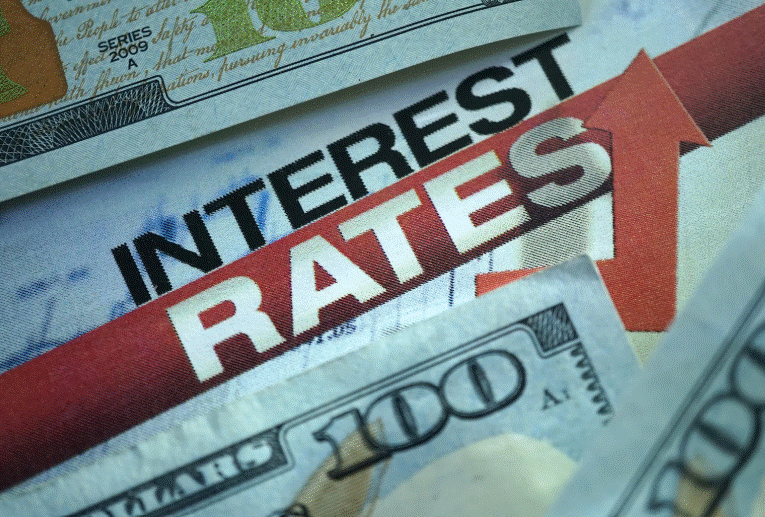Refinancing a mortgage can enable a homeowner to save money. In some instances, a homeowner might increase a monthly mortgage payment to achieve certain goals. If you want to refinance your home, you can speak with a banker or a mortgage specialist.
About Refinance Transactions
A refinance transaction will change a homeowners existing mortgage terms. Generally, a homeowner has signed a mortgage note or a financing agreement with their current lender. A refinance transaction pays off an existing loan, and provides a homeowner with a new mortgage loan.
Benefits of Refinancing
The benefits of refinancing will vary among homeowners. Some homeowners refinance to obtain a lower mortgage payment. Refinancing may enable you to reduce your monthly mortgage payments. Some homeowners save considerable amounts of money during a refinance. You may want to reduce the term of your loan. For example, if you have 22 years remaining on current mortgage loan, you might decide to refinance for a 15-year home loan. Shaving seven years of mortgage payments could position you to retire sooner. You will probable save a tidy sum on interest expenses too. Refinancing can enable a borrower to use a portion of the equity in their home too.
Types of Refinance Transactions
Generally, a borrower who wants to refinance may select a rate and term refinance or a cash-out refinance transaction. Rate and term refinance transactions are ideal for homeowners who want to lower their current interest rate, reduce their current loan term or to convert and adjustable-rate-mortgage to a fixed-rate mortgage. Cash-out refinance transactions allow borrowers to use a portion of their home equity toward debt consolidation, home improvements or to fund a variety of other goals. Each refinance transaction has certain requirements that may vary among lenders.
Qualifications for Refinancing Your Mortgage
Mortgage lenders will check the payment history on your existing mortgage before deciding to issue a new refinance loan. Typically, mortgage lenders will check a borrower’s credit rating, credit score, sources of income, financial reserves and the equity in their home. If you meet the underwriting conditions, you should be approved for a refinance loan.
Best Time to Refinance Your Mortgage Loan
Attractive interest may often prompt homeowners to consider refinancing. The best time to refinance may depend on your short-term or your long-term goals. If you plan to sell your home within four or five years, your refinancing costs might outweigh the short-term benefits. However, if you have a 30-year mortgage loan and you plan to sell your home within five years, you may save a lot of money by refinancing to a five-year adjustable-rate mortgage. If you purchased your home during a period of higher interest rates, you could refinance to obtain a more favorable mortgage rate. Some homeowners may refinance after their home value has equity of 20 percent or greater. Generally, a homeowner who refinances to obtain a mortgage loan that utilizes less than 20 percent of their home equity can eliminate private mortgage insurance and obtain preferred interest rates. The best time to refinance depends on your circumstances and your ability to qualify for attractive loan terms.
Preparing to Refinance
If you are planning to refinance, you should take a few steps to improve your odds of success. Order your credit report several months before attempting to refinance. Having a copy of your credit report could position you to clear any derogatory items or to dispute erroneous information that appears on credit bureau records. Review your financial assets before refinancing. Ideally, you should have savings or retirement assets to pay your new mortgage for two months or more. If your savings are insufficient, you should contribute as much as you can afford toward building financial reserves. You may be able to refinance without any savings, but many lenders will provide more attractive financing for borrowers who display a two-month cushion for emergency purposes. If you are presented with terms that are worse than your existing loan, you should perform additional due diligence before making a commitment. SummaryHomeowners can shop for mortgage loans through a variety of sources. You can speak with bankers, mortgage lenders and mortgage brokers about refinancing your home loan.





